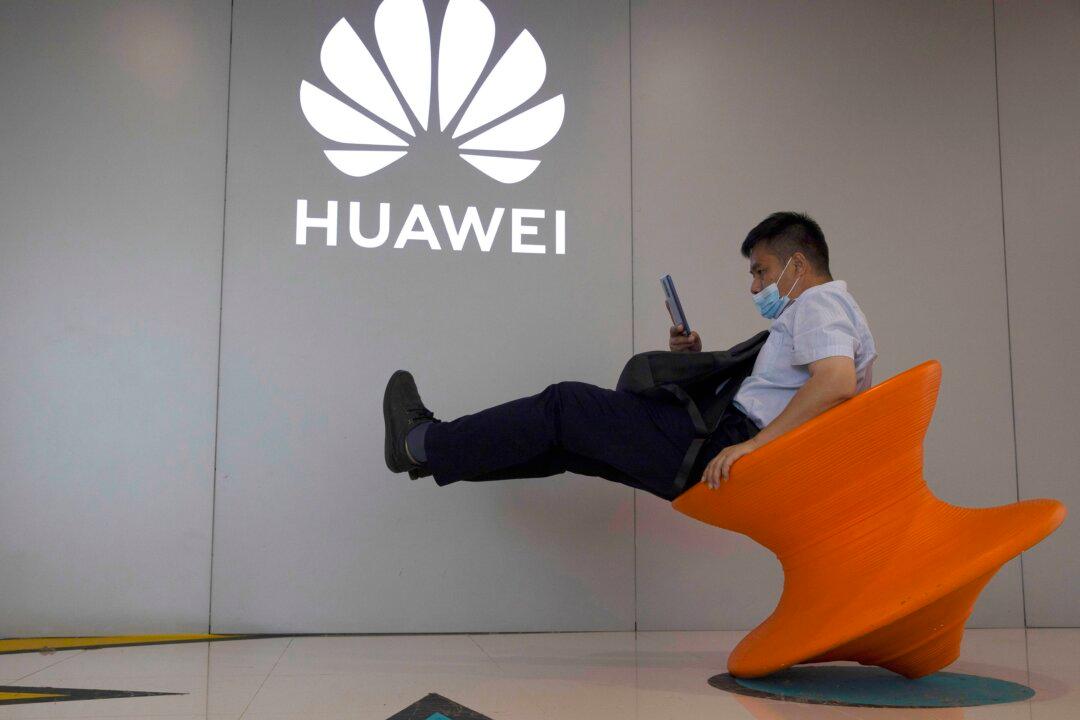A bipartisan group of U.S. lawmakers have introduced a bill to ban Chinese tech company Huawei and CCP owned 5G companies from accessing the American banking system to prevent espionage.
The bill, co-sponsored by Sen. Tom Cotton (R-Ark.) and Sen. Chris Van Hollen (D-Md.) with the backing of fellow senators like Senate Majority Leader Chuck Schumer, (D-N.Y.), would “severely sanction” Huawei and other “untrustworthy” China-based 5G producers who have been accused of conducting acts of economic espionage in the United States.





